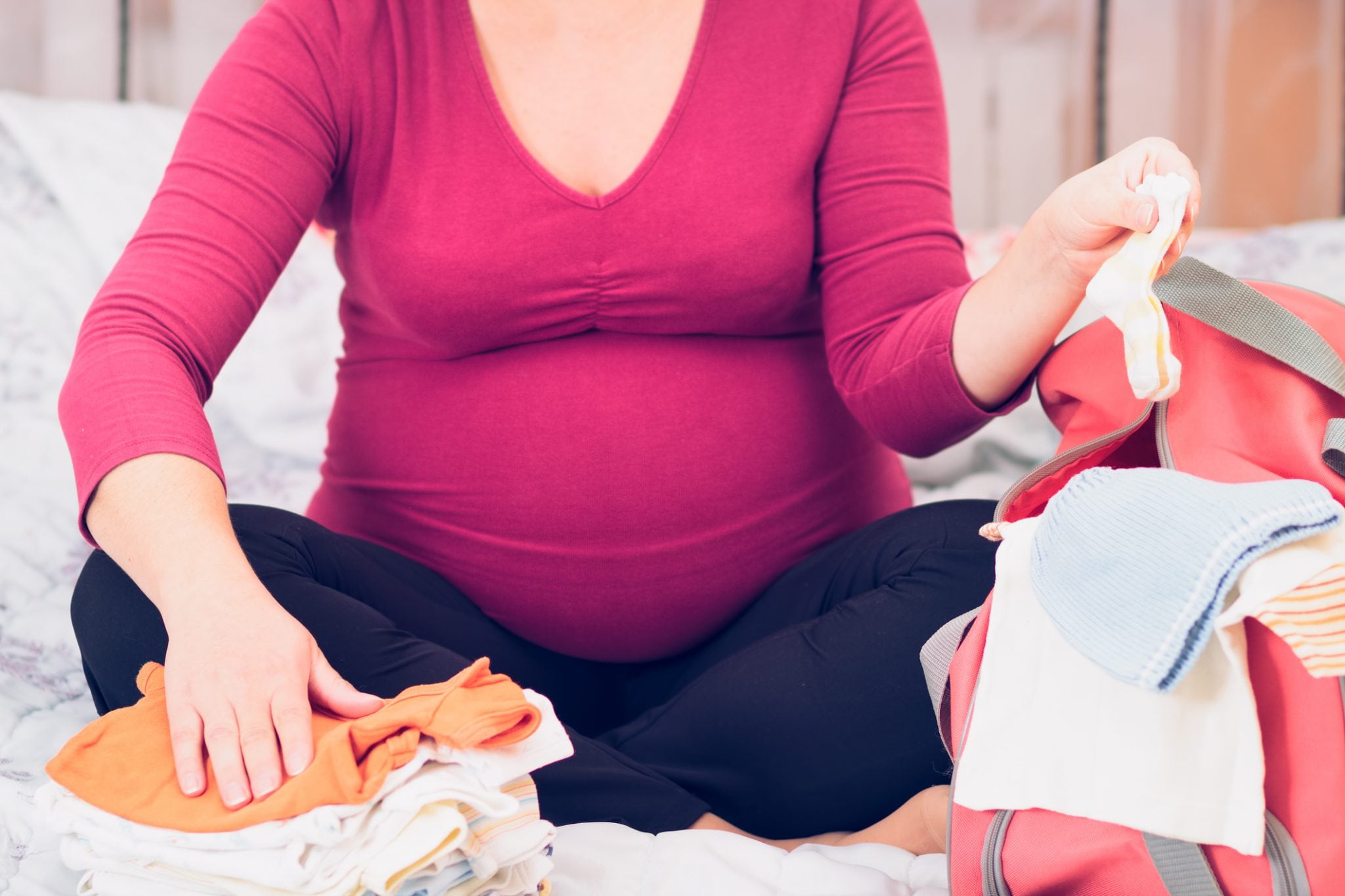
From The Crib (or bassinet) To The Bed: When And How To Make The Transition
May 5, 2020When children are 2 or 3 years old, they usually change the crib for the bed. Sometimes the changeover happens easily. Other times, parents encourage it little by little. And as in every new stage, thousands of questions arise: Is it the right time, what type of bed is best for the child, what type of mattress does she need? We give you some tips to make a good choice.
Diego is 22 months old. As we practice bedding, until now the baby has not had his own room as such, but rather a kind of playroom with a bed that was more for visitors than for him.
But from time to time we have noticed that the child is claiming his own space. He spends more and more time in his room, and from time to time he gets up on the bed and stretches out or plays in it. So we think it is the right time to think seriously about furnishing and decorating the nursery.
So we are in the middle of searching for ideas and surfing the net, the other day I found a lot of cool stuff that inspired me to write this sponsored post trying to give answers to the thousands of doubts that arise at this moment.
Table of Contents
When Is The Best Time?
There is no specific age at which a small child should be moved from its crib to a child’s bed, although most families experience this transit when the little ones are between 2 and 3 years old.
In my opinion, the best thing to do (unless the child sets a different pace) is to wait until the child is 3 years old since at that age children are much more independent (they go to the bathroom and eat alone, etc.) and can get in and out of bed on their own. In fact, many experts point out that before 36 months many little ones are not ready for this change.
Many families, however, are forced to do so earlier because their child is too big or too active for his or her crib and their parents are afraid that he or she will try to climb over the rail, which is certainly a safety issue.
Every child is a world and it is they who, in the end, set the pace at each stage of their own development. 
Surely This Is Not The Time If…
Although it is difficult to establish the exact moment when a child should move from the crib to the bed, there are certain moments when it is certainly not a good idea to try.
For example: if the child has suffered a trauma of some kind, is particularly irritable or nervous, is undergoing other changes in his life, is ill, or has just had a baby brother or sister.
The arrival of a baby brother or sister is one of the most frequent reasons why parents sometimes make the transition to bed earlier. This is a mistake. Quite common, too. If this is your case, be sure to make the change at least 3 to 4 months before your due date. The idea is that your child should be fully accustomed to his new bed before his brother or sister gets “his” crib.
Ideally, in fact, the transfer of the older sibling to the bed should be delayed until the baby is 3 or 4 months old. Most likely, during those first months, the newborn will sleep in a bassinet or mini-cradle. This will give the older sibling more time to adjust to the arrival of his or her baby brother or sister and not to blame the baby for being “left behind”.
Be sure to schedule the transition according to the child’s needs, not because of the need to gain space or free up the crib for the new baby. It is better to borrow or buy another crib than to move the older child to a bed without being ready for it.
Which Type Of Bed Is More Suitable?
There is an English saying that says that the bed and the shoes are where we spend the most time during the day, so both must be of good quality. And this is precisely the first requirement that a children’s bed must-have. It has to be made of good materials, well-made, and resistant. The little ones must be able to sleep, play and even jump in it because, after all, these are all things that can be expected of small children, and their bed should be able to withstand all this activity without falling apart!
Ideally, your child should have a safe space of his own. To achieve this, we must have certain basic premises clear when choosing his bed.
Tips For Choosing A Child’s Bed
Children’s sized beds are smaller than usual and provide a safe height for them and comfortable dimensions so that they do not feel “lost” inside. They make it easier for the child to get in and out of the bed by himself and they make traffic much smoother. There are even evolutionary beds that have an extra extension that allows them to adapt to the child’s growth.
Cave” or “tent” type beds are often a favorite with children – all children love hiding places! These beds offer them not only a place to sleep but also a great, exclusive, and versatile space to read, play, draw, and imagine a whole world of possibilities.
In any case, a children’s bed to your liking can make it easier for the child to want to spend time in it. Beds with fun shapes, such as bus-shaped bunk beds or car-shaped beds, are always children’s favorites. Textiles (sheets, blankets, bedspreads, duvet covers, cushions or pillows) in colorful shades are a real eye-catcher, and whether they are decorated with characters, like dinosaur bedding, princesses or superheroes, success is guaranteed!
Finally, if the bedroom is to be shared by two siblings, you may want to consider a trundle bed or bunk bed. While the child is still small, he can occupy the lower space and then move to the higher bed to give his space to the younger of the two brothers.
Whichever bed we choose for our child, the most important thing must always be his safety. Therefore, it is important that we place a protective railing to prevent our newly emancipated little one from waking up on the floor.


:max_bytes(150000):strip_icc()/mother-and-child-sorting-out-the-recycling-bins-1008101320-5c4721c246e0fb0001c5e94b.jpg)










